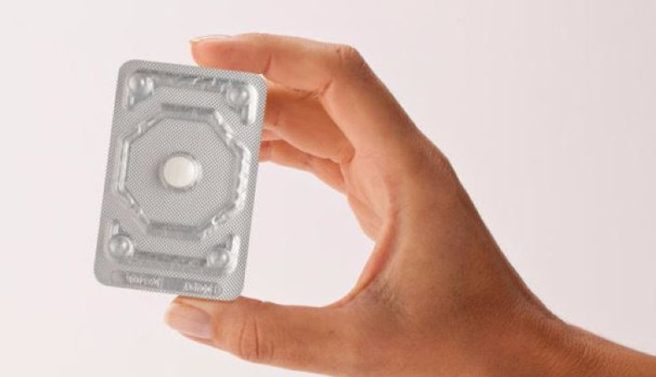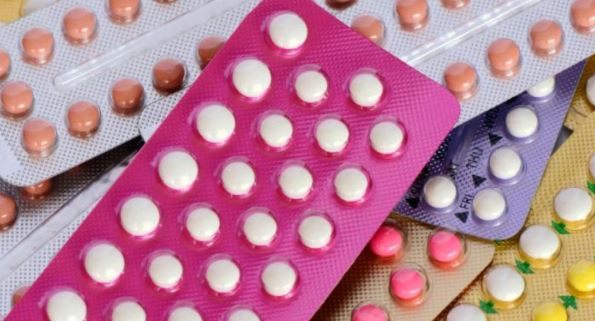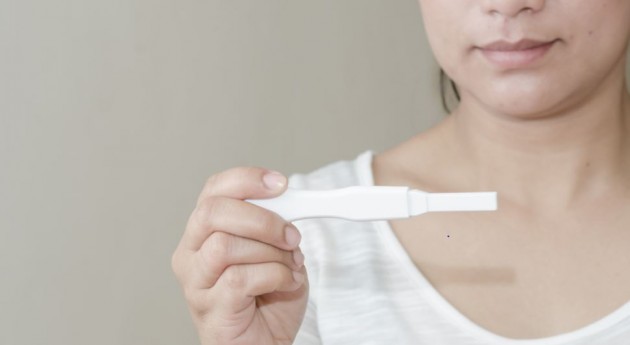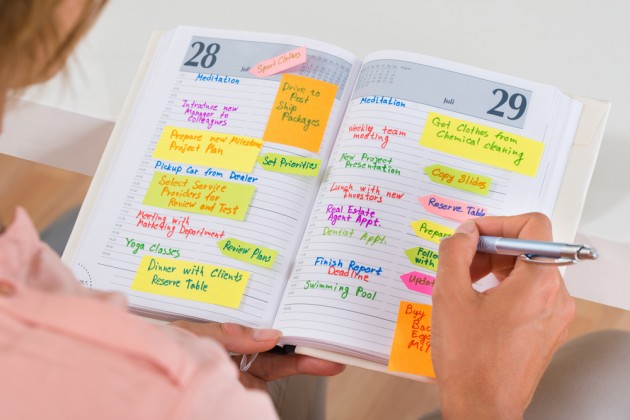
Emergency contraception: Do you know all you need to know about it?
As of July 1, changes to the General Medical Card Scheme in Ireland meant that the morning after pill became available in pharmacies for women with a medical card, without a prescription.
Considering this change, ellaOne, an emergency contraceptive pill that is available from pharmacies without a prescription, has sought to clarify any confusion which still surrounds emergency contraception.
So, without further ado, here are five things you should know about emergency contraception.
1. There is more than one type of emergency contraception available.
There are two forms of emergency contraception that can be used after unprotected sex to prevent pregnancy. These are the morning after pill and the emergency IUD – also known as ‘the emergency coil’.
When it comes to the morning after pill – you have a choice of two different pills – containing either ulipristal acetate (ellaOne®) or levonorgestrel.
You should speak to a healthcare professional about the various treatments available and the differences in effectiveness to ensure you are informed about your options and can make a choice based on what is most suitable for you.

2. You don’t need a doctor’s appointment.
If you need emergency contraception you can head straight to the pharmacy to get the morning after pill after a quick consultation with the pharmacist – you don’t need to get a prescription from your doctor.
However, if you are more comfortable speaking to your GP, it is possible to go down this route too.

3. It works by delaying ovulation.
The morning after pill does not cause an ‘emergency period’ or an abortion, it actually works by delaying egg release (ovulation).
This means that the sperm waiting in the fallopian tubes will be unable to meet an egg and fertilise it.
This is similar to regular contraceptive pills, which mostly work by preventing egg release. If you are already pregnant, emergency contraception will not interrupt your pregnancy.

4. Your fertility can come back very quickly after using the morning after pill.
Emergency contraception has no effect on future fertility.
It will not protect you from pregnancy if you have unprotected sex again several days after taking it.
If you want to have sex after using emergency contraception, use a barrier method of contraception until your next period.

5. You don’t have to take it the morning after.
Although oral emergency contraceptive pills must be taken as soon as possible after unprotected sex, don’t panic if you haven’t been able to get it immediately.
ellaOne (ulipristal acetate) can be taken within five days (120 hours) of unprotected sex and levonorgestrel containing emergency contraceptive pills can be taken within 3 days (72 hours) of unprotected sex.
Both pills work by preventing or delaying ovulation and must therefore be taken as soon as possible as they are not effective if ovulation has already taken place.
The emergency IUD can be inserted up to five days after unprotected sex or up to five days after the earliest time you could have ovulated.












